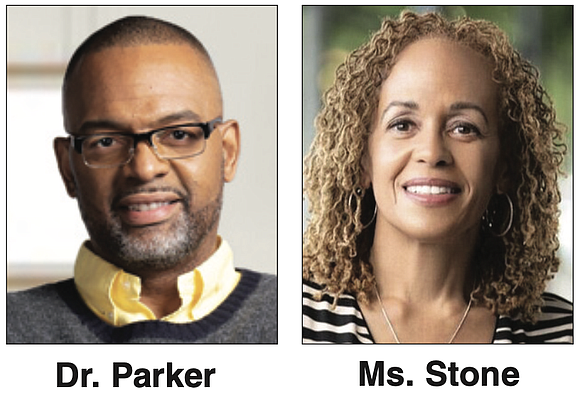SAD? There are ways to combat Seasonal Affective Disorder
Darlene M. Johnson | 2/1/2024, 6 p.m.
Seasonal Affective Disorder, or SAD, is a form of depression that occurs during certain seasons of the year, usually fall and winter, according to Johns Hopkins Medicine.
SAD can create an abundance of issues, especially during the holiday season, said Dennis Parker Sr., Ph.D., a mental health service provider in Richmond.
With Valentine’s Day quickly approaching, SAD can be exacerbated for some.
Dr. Parker describes SAD as a “dynamic depression model.” This is because even though a person can get out of a depressive state, they can “crawl back into another,” he said.
This can occur with any “critical bonding moment,” such as Valentine’s Day in the winter or even Mother’s Day in the summer.
“The exact cause [of SAD] is not fully known but it is attributed to reduced sunlight in fall and winter that disrupts the body’s internal biological clock (circadian rhythm) and affects neurotransmitters, especially serotonin and melatonin,” said Robin Stone, a New York-based psychotherapist and wellness coach.
The two types of SAD are fall-onset and spring-onset, according to Johns Hopkins Medicine. People experiencing fall-onset SAD, also known as winter depression, may begin to see symptoms in the late fall to early winter with improvement during the summer. Spring-onset SAD, also known as summer depression, is much less common and symptoms begin to show in late spring to early summer.
Although there is no research showing that SAD symptoms are worse for Black people, some research suggests that Black people may experience the disorder disproportionately due to a greater risk of depression and vitamin D deficiency, Ms. Stone said.
The Black community experiences an “inordinate amount of stressors,” added Dr. Parker.
Dealing with SAD and the loss of loved ones can be challenging.
“People that deal with loss [such as] a death, divorce, children leaving the house, or not spending the time with the people you’ve wanted to over the past five or 10 years, have to have a process in place to compensate for that,” Dr. Parker suggested.







